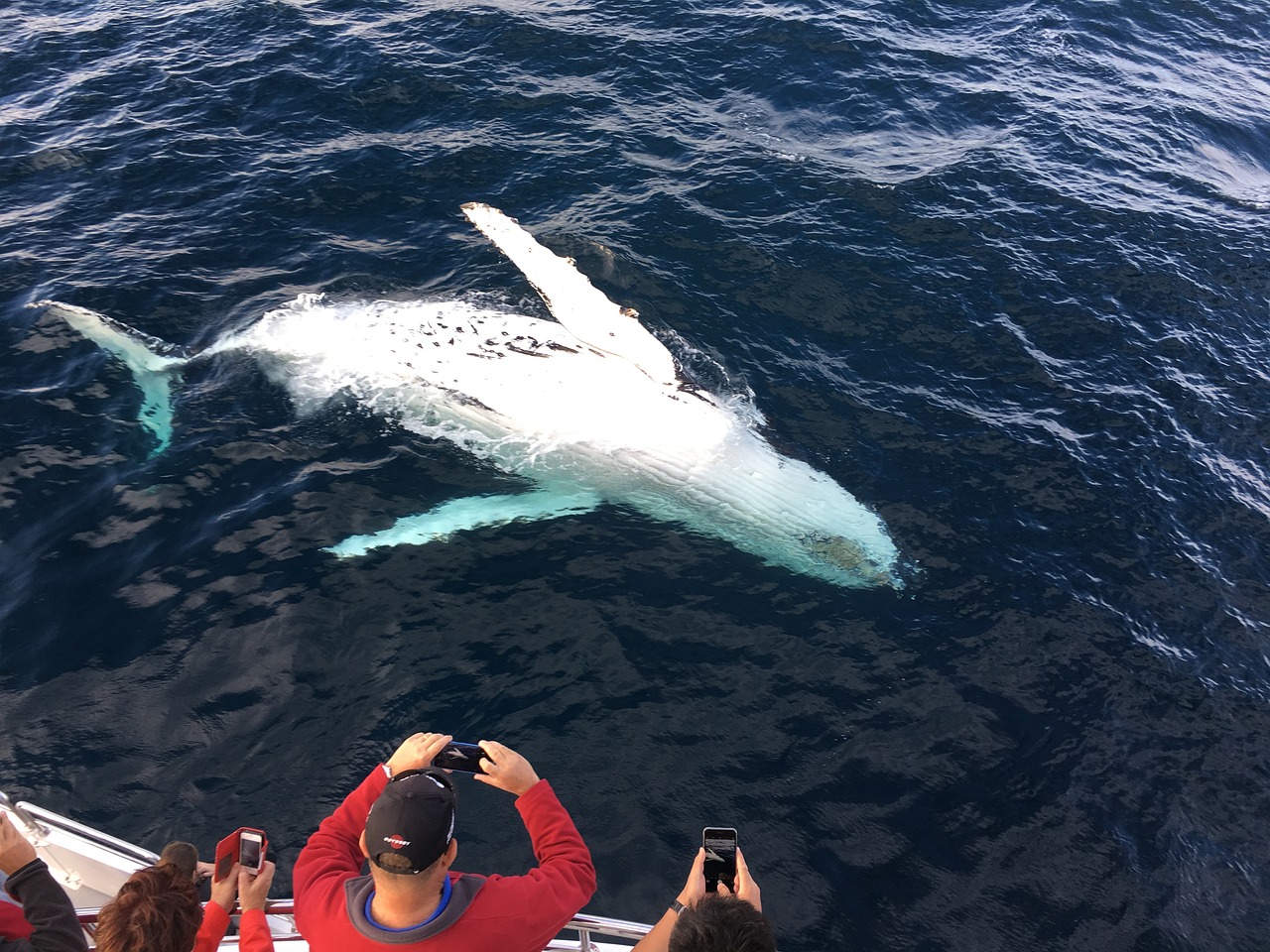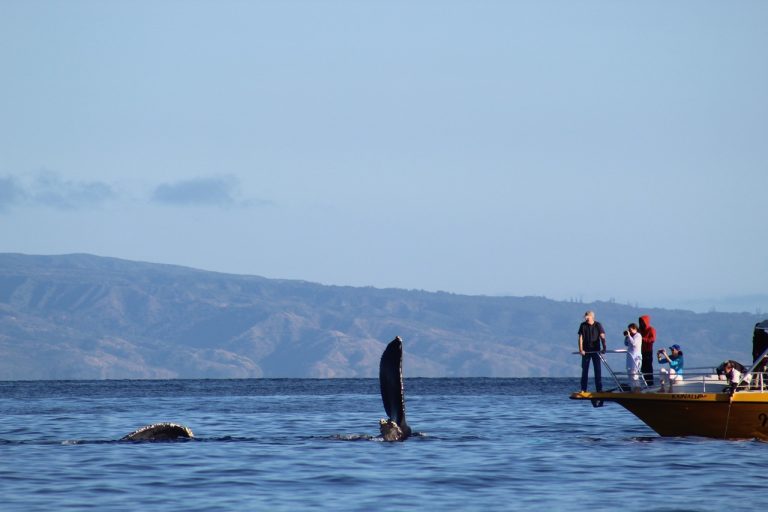
Kaikoura, a picturesque coastal town nestled on the South Island of New Zealand, offers an unparalleled opportunity for travelers to engage in ethical whale watching experiences that intertwine awe-inspiring encounters with responsible environmental practices. As the sun casts its golden hues upon the Pacific Ocean, visitors are invited to witness the grandeur of these majestic marine creatures in their natural habitat, all while contributing to the preservation of the marine ecosystem.
Kaikoura’s unique geographic location provides a nutrient-rich environment that attracts an array of marine life, including the renowned sperm whales, humpback whales, and even pods of playful dolphins. Yet, what truly sets Kaikoura apart is its commitment to ethical and sustainable tourism practices. Local tour operators place the utmost importance on minimizing disturbance to marine life, allowing travelers to observe these creatures without causing undue stress.
Guided by Ethical Principles
Ethical whale watching experiences in Kaikoura are built upon a foundation of guidelines designed to ensure the welfare of both the marine life and the visitors who seek to connect with it. These principles include maintaining a respectful distance from the animals, reducing engine noise to avoid disrupting their communication, and adhering to strict observation periods to prevent undue stress on the creatures.
Engaging in ethical whale watching Kaikoura goes beyond a passive observation of these magnificent beings. Many of the tour operators actively support marine conservation efforts by contributing a portion of their profits to local initiatives aimed at protecting the fragile marine ecosystem. By participating in these tours, visitors become partners in conservation, actively contributing to the preservation of the oceans for generations to come.
Connecting with Marine Experts
Kaikoura’s commitment to ethical whale watching is further enriched by the presence of knowledgeable marine biologists and naturalists on board. These experts not only enhance the experience by providing in-depth information about the marine life and their behaviors but also foster a deep sense of appreciation and respect for the creatures and their environment.
Visiting Kaikoura for ethical whale watching is not just an adventure; it’s a lesson in sustainability. As visitors gaze upon the sheer power and beauty of these marine giants, they are reminded of the delicate balance that sustains life in our oceans. The experience serves as a powerful reminder that our actions have a direct impact on the well-being of these creatures and the ecosystems they call home.
A Ripple Effect of Change
The ripple effect of ethical whale watching in Kaikoura reaches far beyond its shores. Travelers return home as ambassadors for responsible tourism, carrying with them a newfound commitment to ethical practices and a desire to protect marine life. This cultural exchange fosters a global community dedicated to preserving the oceans and their inhabitants.
Kaikoura’s pristine beauty, combined with its ethical whale watching experiences, creates a harmonious blend of wonder and responsibility. Visitors are not mere spectators; they become stewards of the ocean, embracing the responsibility of ensuring its well-being. As the sun sets over the horizon, casting a gentle glow upon the waves, one cannot help but feel a profound connection to nature and an unwavering dedication to its preservation.
Conclusion
As we embark on journeys to witness the majestic marine giants off the shores of Kaikoura, let us remember that ethical whale watching isn’t merely a choice, but a responsibility. By embracing practices that prioritize the well-being of these incredible creatures and their natural habitat, we can ensure that future generations continue to be awed by the awe-inspiring beauty of the oceans while fostering a legacy of conservation and respect for all life on Earth.



